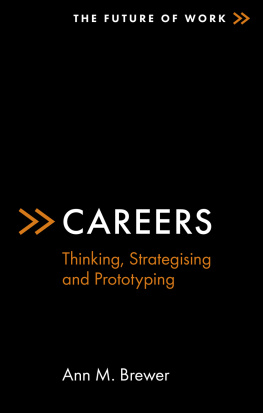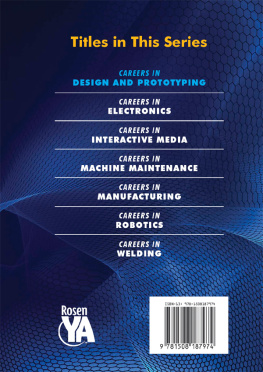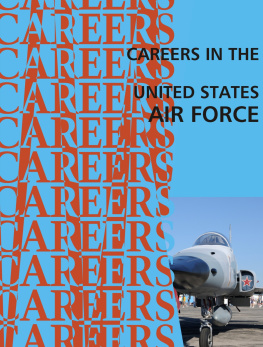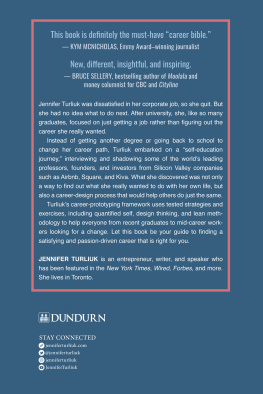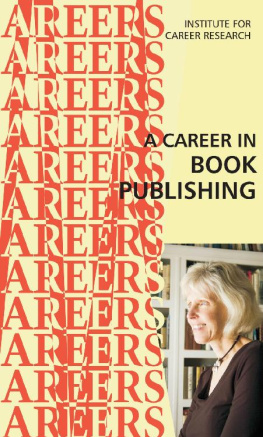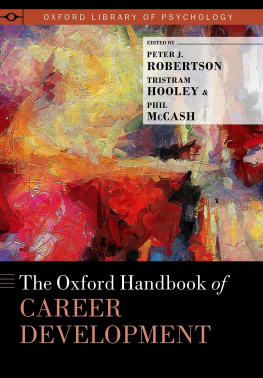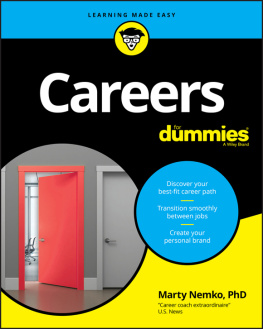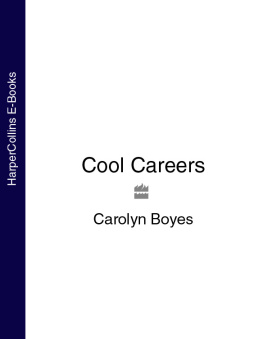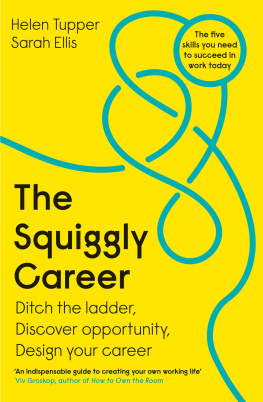CAREERS
THE FUTURE OF WORK
The future of work is a vital contemporary area of debate both in business and management research, and in wider social, political and economic discourse. Globally relevant issues, including the ageing workforce, rise of the gig economy, workplace automation and changing forms of business ownership, are all regularly the subject of discussion in both academic research and the mainstream media, having wider professional and public policy implications.
The Future of Work series features books examining key issues or challenges in the modern workplace, synthesising prior developments in critical thinking, alongside current practical challenges in order to interrogate possible future developments in the world of work.
Offering future research agendas and suggesting practical outcomes for todays and tomorrows businesses and workforce, the books in this series a present powerful, challenging and polemical analysis of a diverse range of subjects in their potential to address future challenges and possible new trajectories.
The series highlights what changes still need to be made to core areas of business practice and theory in order for them to be forward facing, more representative and able to fulfil the industrial challenges of the future.
Forthcoming Titles
Algorithms, Blockchain & Cryptocurrency: Implications for the Future of the Workplace
Gavin Brown and Richard Whittle
Workforce Health and Productivity
Stephen Bevan and Cary L. Cooper
Spending Without Thinking: The Future of Consumption
Richard Whittle
Personnel Selection: Finding the Future of Talent through Science and Technology
Tomas Chamorro-Premuzic, Franziska Leutner and Reece Akhtar
Cooperatives at Work
George Cheney, Matt Noyes and Emi Do
CAREERS: THINKING,
STRATEGISING AND
PROTOTYPING
ANN M. BREWER
University of Newcastle, Australia

United Kingdom North America Japan India
Malaysia China
Emerald Publishing Limited
Howard House, Wagon Lane, Bingley BD16 1WA, UK
First edition 2020
Copyright 2020 Emerald Publishing Limited
Reprints and permissions service
Contact:
No part of this book may be reproduced, stored in a retrieval system, transmitted in any form or by any means electronic, mechanical, photocopying, recording or otherwise without either the prior written permission of the publisher or a licence permitting restricted copying issued in the UK by The Copyright Licensing Agency and in the USA by The Copyright Clearance Center. No responsibility is accepted for the accuracy of information contained in the text, illustrations or advertisements. The opinions expressed in these chapters are not necessarily those of the Author or the publisher.
British Library Cataloguing in Publication Data
A catalogue record for this book is available from the British Library
ISBN: 978-1-83867-210-2 (Print)
ISBN: 978-1-83867-207-2 (Online)
ISBN: 978-1-83867-209-6 (Epub)

To my son, remembering the places we went
Navigating and nurturing a career is one of the most critical personal and organisational challenges of our time. Here Professor Brewer tackles the issues with insight, intellect and integrity recognising the evolving context of work, skills and fulfilment. Careers provides valuable tools and frameworks for the workforce planner, policy maker and business leader. Significantly, it highlights the imperative for a human centric approach, drawing a distinct and positive parallel between successful career making and city shaping.
Katherine ORegan
Executive Director
Sydney Business Chamber
CONTENTS
LIST OF FIGURES AND TABLES
Chapter 1
Chapter 2
Chapter 3
Chapter 4
Chapter 5
PART I
THINKING CAREERS
WHAT IS A CAREER IN THE 21ST CENTURY?
INTRODUCTION
Careers single out lives and shape them in profound ways. The notion of a career is not a straightforward concept and, increasingly, it has become more complicated. Many young people today will have multiple careers in diverse industries.
The aim, in writing this book, is to delve into the concept of career to understand how people consider their careers to understand the totality of what is at stake. As we think about the next 50 years of career making, we are only too aware of how unpredictable work and careers are becoming as new industries and divisions of labour are rapidly spawned. One must consider the possibility of different career trajectories in the face of globalisations tendency to homogenise; and recognise the multiple coexisting meanings that embody career.
The mutable nature of work means it is time to take a fresh look at what is meant by the term career and career pathway. An increasing number of people are working in jobs that do not require either their skills or credentials. Like Robert , people ponder which road to take the one more often chosen, the one less travelled or the one yet to be discovered.
Careers contain meaning, processes, collections of diverse stories and practices that are neither stagnant nor do they have fixed boundaries. The meanings, emotions and bonds that individuals and groups acquire are important in the diverse operationalisation of career.
Careers are spaces becoming meaningful over time. People establish strong bonds and emotions within their careers leading to a sense of attachment, identity and dependence. A career attachment is either strong or weak. In many cases, people become career dependent and rely on a particular role to suit their individual needs and desires, which is often unrecognised or acknowledged until the point of a career transition such as redundancy or retirement.
A career signifies a particular, bounded function with skills, knowledge and attributes attached. It is a way of seeing, knowing and understanding the world; hence, careers mean different things to different people. For example, a career is considered as a meaningful pursuit entailing goals and outcomes rather than defined by fixed role specifications. This process allows people with careers to develop social relationships as well as the emotional and subjective bonds with others; opportunities often denied to those who are unemployed.
Generally speaking, people searching for a career are looking for a long-term commitment and identity that is, continuity of engagement and benefits. For people with careers in the past and now, they offer people a purpose for their life as well as a chance for becoming something beyond themselves as well as membership in a select group. This membership leads to a heightened sense of identity and meaning for the incumbent.
Career Stakeholders
As shown in , embarking on, developing and sustaining a career is more often than not, dependent on various stakeholders and their level of investment and commitment, directly or indirectly, in a persons pathway. The extent and nature of the stakeholders engagement with a specific career incumbent is considerable from supervision through to a vested interest in the outcome.

